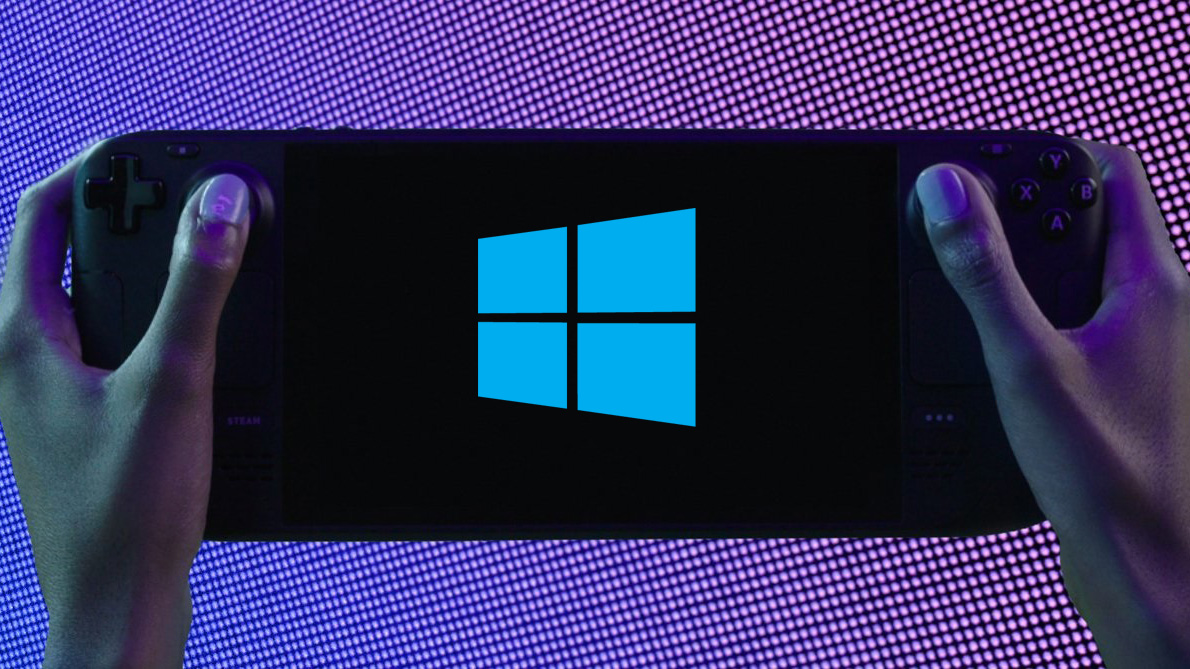One of Valve’s big promises before the launch of the Steam Deck was that like any proper PC, you could wipe the OS clean and install a different one of your choosing—like Windows, for example. Windows drivers weren’t ready in time for the Steam Deck’s launch, but now they are: Valve announced in a blog post Thursday that the Deck is Windows ready, with a few limitations.
You can do a full Windows install with the drivers, but dual-booting isn’t possible right now. “While Steam Deck is fully capable of dual-boot, the SteamOS installer that provides a dual-boot wizard isn’t ready yet,” Valve writes. The current drivers are only compatible with Windows 10 because Windows 11 “requires a new BIOS that is currently in the pipe (which provides fTPM support) and will be shipping soon.”
And the final caveat: the Steam Deck’s GPU, Bluetooth and Wi-Fi will all work, but audio is currently limited to USB-C out or Bluetooth. The speakers and 3.5mm headphone jack won’t output any sound.
This Windows resources page includes downloads for the drivers and some brief instructions for installation. There’s also a separate page for recovering your SteamOS install if you screw it up and need to go back to a clean slate.
Valve says that dual-boot support, including a dual-boot wizard for picking which OS to launch, “will ship alongside SteamOS 3 once it’s complete.”
Installing Windows on the Steam Deck makes sense if you want to use it as a travel PC to hook up to a monitor, rather than as a dedicated handheld gaming system. While Windows does offer more game compatibility than SteamOS does through Proton, it’s also going to add more overhead, and it’s not designed to be easily navigable with the Steam Deck’s controls. I’m going to hold off for dual-boot support before I consider adding Windows for Microsoft’s Game Pass—especially since I can already play Epic games on the Steam Deck.


